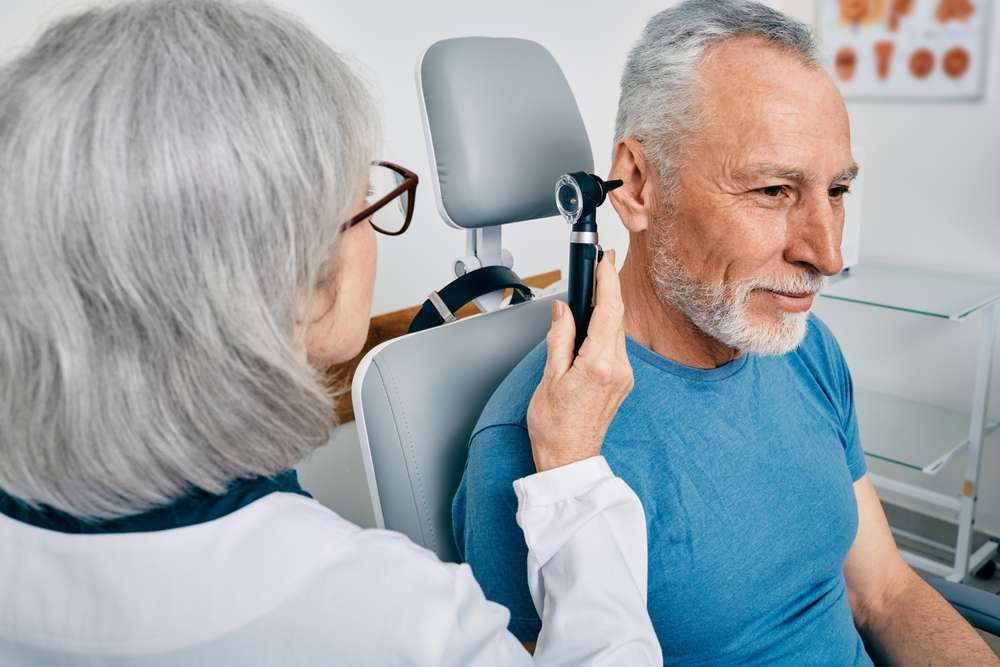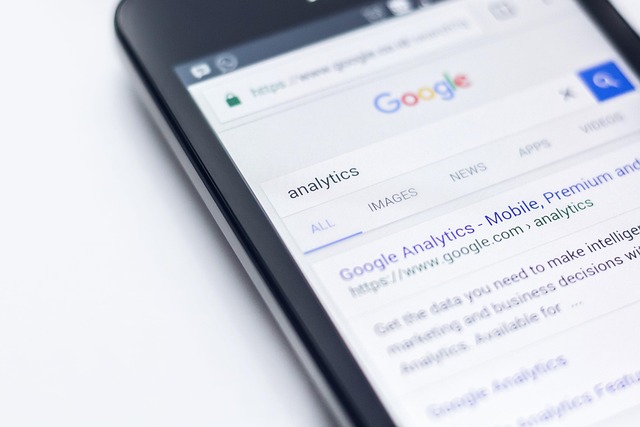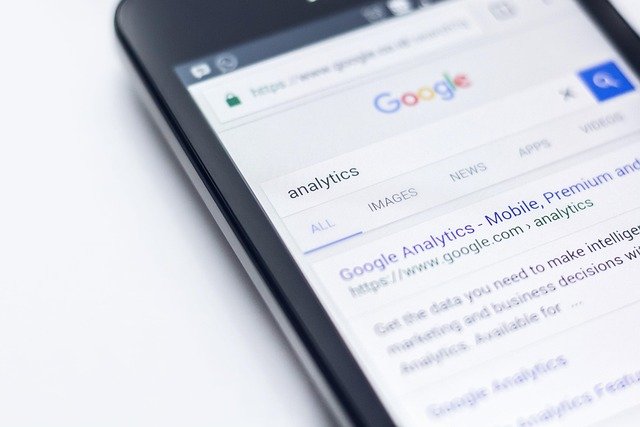How Hearing Clinics Help With Hearing Loss and Technology
Hearing clinics are specialized centers where people can get tested, diagnosed, and treated for hearing issues. Staffed by audiologists and hearing-care professionals, these clinics provide services that range from hearing tests to fitting hearing aids and follow-up care. They also evaluate how well you perceive sound in everyday environments and advise on the latest technology that may improve communication and quality of life.

This article is for informational purposes only and should not be considered medical advice. Please consult a qualified healthcare professional for personalized guidance and treatment.
What hearing aids options are available?
Hearing clinics typically offer a range of hearing aids to match different degrees of hearing loss, lifestyles, and budgets. Options include behind-the-ear (BTE), in-the-ear (ITE), completely-in-canal (CIC), and receiver-in-canal (RIC) devices. Modern hearing aids often include digital processing, directional microphones, feedback cancellation, and Bluetooth connectivity for streaming audio from phones and TVs. An audiologist at a clinic will assess your hearing profile and listening needs, then recommend devices that balance amplification, comfort, and battery life.
When should you see an audiologist?
An audiologist is the trained clinician who performs diagnostic hearing tests and develops treatment plans. You should consider seeing an audiologist if you notice persistent difficulty understanding conversations, ringing in the ears (tinnitus), increased volume needs for media, frequent requests for repetition, or if you work in noisy environments. Clinics also provide baseline testing for people at risk of hearing loss and regular follow-ups after hearing aid fitting. Early evaluation helps identify hearing loss sooner and preserves communication abilities.
How do clinics evaluate sound and hearing?
Hearing clinics use standardized tests to measure how you perceive sound across frequencies and volumes. Pure-tone audiometry maps thresholds for different pitches, while speech audiometry evaluates how well you understand spoken words in quiet and in noise. Clinics may use tympanometry to check middle-ear function and otoacoustic emissions for cochlear health. Beyond the numbers, a good clinic assesses real-world listening needs—how you hear in restaurants, at work, or during phone calls—to tailor solutions that improve everyday sound experiences.
What hearing clinic technology is used?
Technology in hearing clinics has advanced rapidly. Digital signal processing in hearing aids allows for noise reduction and adaptive directionality that focuses on speech. Telehealth tools enable remote adjustments and follow-up appointments. Assistive listening devices—like remote microphones, TV streamers, and loop systems—complement hearing aids in challenging environments. Some clinics also use real-ear measurement systems to verify how hearing aids perform in a patient’s ear, ensuring amplification matches the prescribed target based on audiometric results.
How do clinics treat hearing loss?
Treatment at a hearing clinic depends on the type and severity of hearing loss. Conductive issues caused by earwax, middle-ear infections, or eardrum problems may be referred for medical or surgical care. Sensorineural hearing loss, often permanent, is typically managed with amplification via hearing aids or, for certain candidates, cochlear implants in coordination with ENT specialists. Clinics also offer counseling on communication strategies, rehabilitation programs, and tinnitus management to help patients adapt and maintain social engagement.
| Provider Name | Services Offered | Key Features/Benefits |
|---|---|---|
| Amplifon | Hearing assessments, hearing aid fittings, follow-up care | Global chain with a range of manufacturer options and local clinic network |
| Beltone | Diagnostic testing, custom hearing aids, maintenance | Emphasis on personalized fittings and local audiology support |
| Miracle-Ear | Hearing tests, hearing aids, assistive devices | Long-standing retail presence with telecare and warranty programs |
| Costco Hearing Aid Center | Hearing evaluations, hearing aid sales, adjustments | Competitive pricing on select brands, in-clinic fittings at warehouse locations |
| Starkey | Clinical services via partner clinics, hearing technology | Known for in-house technology and specialized features like health-tracking aids |
A local hearing clinic can guide you toward the most appropriate services in your area, whether you need hearing aids, diagnostic testing, or counseling. Each provider varies in device selection, warranty, remote care options, and pricing structure. When choosing a clinic, consider an initial diagnostic appointment with an audiologist to get clear results and a treatment plan aligned with your daily listening demands.
Hearing clinics play a central role in detecting and managing hearing loss by combining clinical assessment with advances in hearing technology. Working with qualified professionals helps ensure devices and strategies are matched to how you experience sound in real life, improving communication and overall wellbeing.




